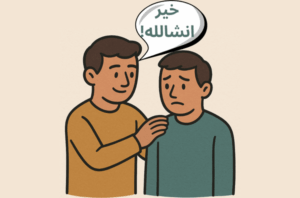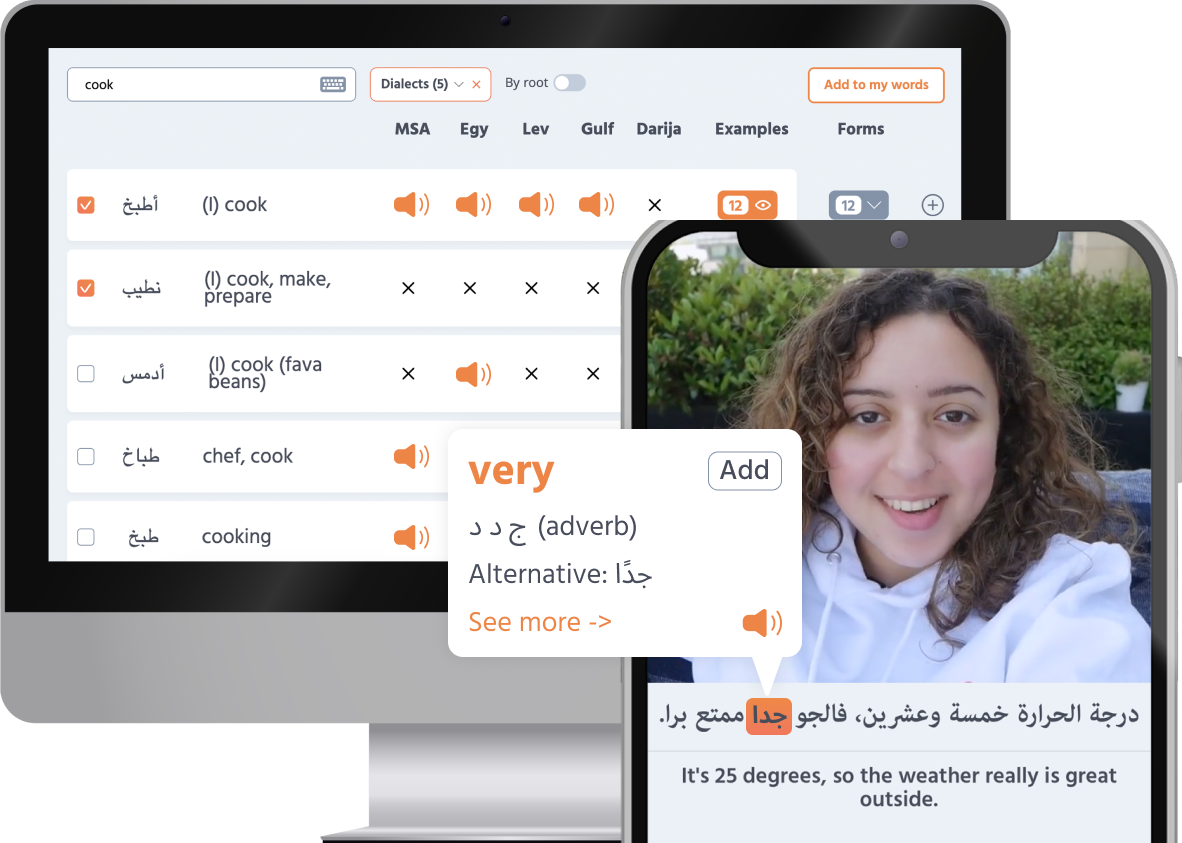Suppose you spend time in Lebanon , Syria , Jordan , or Palestine . In that case, you’ll quickly hear people say ماشي الحال
. It literally means “the situation is moving” — but in real life, it usually means something closer to “it’s okay”, “so-so”, or “we’re managing.”
How people use ماشي الحال
It’s one of those Levantine Arabic phrases that reveals a lot about how people express patience, acceptance, and humor in daily life. If you’ve ever wondered how to say It’s ok in Levantine , ماشي الحال
When things aren’t great, but not terrible either When someone asks how you’re doing and you don’t want to sound dramatic — but also not fake — ماشي الحال
is the perfect middle ground.
كيفك؟
In this video, you’ll hear a simple conversation that happens when meeting someone for the first time . You can always use the phrase ماشي الحال
to describe your state when you’re doing “okay” — not great, but not bad either. It’s the polite, humble way to say life’s not perfect, but we’re surviving — a very Levantine mindset.
When you’re not impressed Sometimes ماشي الحال
means “meh.”
كيف كان المطعم الجديد؟
Tone is everything — said with a shrug, it can sound slightly unimpressed.
Don’t miss this video about sitting etiquette in Lebanese dialect — learn how to sit in a way that doesn’t make others feel like you’re just ماشي الحال
with them or that they’re not important. When you’re being modest Levantines often say ماشي الحال
to stay humble, even when things are going well.
!كأنو شغلك الجديد ممتاز
It’s a way to avoid bragging — giving credit to God while downplaying your success.
When things could be worse Sometimes, ماشي الحال
is an expression of resilience — like saying “we’re managing” despite difficulties.
كيف الوضع بعد قطعة الكهربا؟
That mix of realism and humor is what makes this phrase so charmingly Levantine.
This Syrian shopkeeper tells us about how business is going in his store — things are ماشي الحال
meaning he’s getting by. He’s not making much profit, but it’s still better than nothing. When it’s used as a question Sometimes, ماشي الحال
isn’t an answer — it’s a question.
ماشي الحال؟
It’s friendly and informal — like saying “You doing okay?” or “Things alright?” in English.
To explore more ways Levantines greet each other throughout the day, check out our post on Levantine Arabic morning greetings .
Why it matters ماشي الحال
is one of those Levantine Arabic phrases that carry deep cultural flavor. It reflects the region’s mix of humor, endurance, and humility — saying a lot with very few words.
It’s the perfect example of how It’s ok in Levantine isn’t just about words — it’s about attitude, warmth, and perspective.
If you enjoy learning real Arabic expressions like this, visit Playaling — where Arabic videos and conversations help you discover the language as it’s really spoken .









